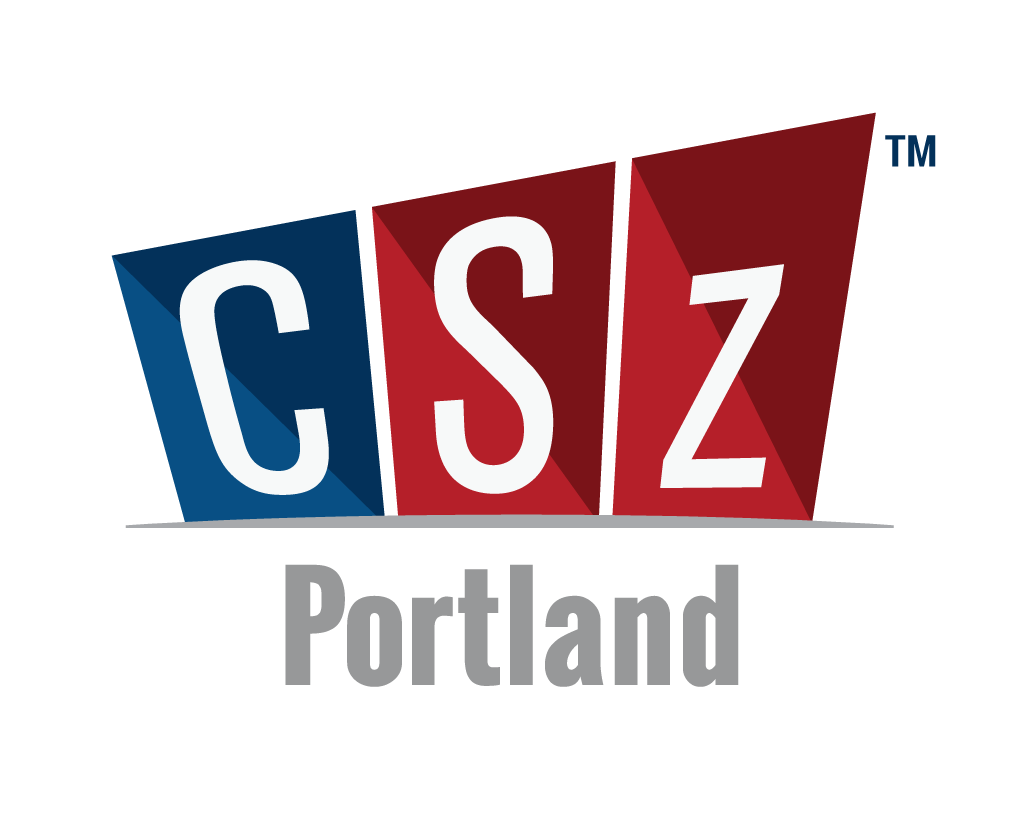Podcasts featuring CSz Portland - Patrick Short & Ruth Jenkins
/One of our folks suggested we collect our podcast appearances in one place. We said Yes.
Ruth’s Episode of The ComedySportz Podcast - recorded in August, 2024. Ruth talks with Christine Capriolo about the intersection of improv and Speech Language Pathology, plus some great stories about her 35+ years with CSz.
The Man Alive Podcast - Improv for Dating and Relationships with Tiffany Crotty and Patrick Short, hosted by Shana James
Patrick’s interview with Bill Haas on KXRW / XRAY.FM. March, 2022. Music, process, improv and theatre.
The ComedySportz Podcast - recorded in March, 2020. Christine Capriolo and Kyle Hannekin from CSz Milwaukee are doing a great series on the origins and history of ComedySportz and its people. Patrick talks some origin story, some business history, some Applied Improv and about his worst improv onstage injury.
Community Theater Heroes - recorded in January, 2019. There’s a lot of information and stories about CSz Portland and ComedySportz®, and a lot of information on how improv improves lives.
John Cooper’s Bring A Brick - recorded in 2016. Focus on Applied Improv in Business. John Cooper is delightful. There are some other really good guests on John’s series, including Jim Ansaldo (improv for teens on the autism spectrum), Kat Koppett, Marijn Vissers, Drew Tarvin, Cathy Salit and others.
Kevin Benson’s Bold Moves - recorded in November, 2014. Actually from a radio show on KJRB 790 in Spokane, WA. Starts with a few minutes of basic explanation of what Applied Improv is and does; Patrick’s segment starts around the 11:25 mark and runs through about 28:00.
Jordan Carroll’s One Minute Weekly - January, 2018. A bite-sized video presentation with the basic concepts. (Please note: there are some CSz branding issues on this.)
Adventures in Artslandia with Susannah Mars - Summer 2017. This is more about ComedySportz, but it’s fun and Patrick reveals that he is a “Dance Dad”.



